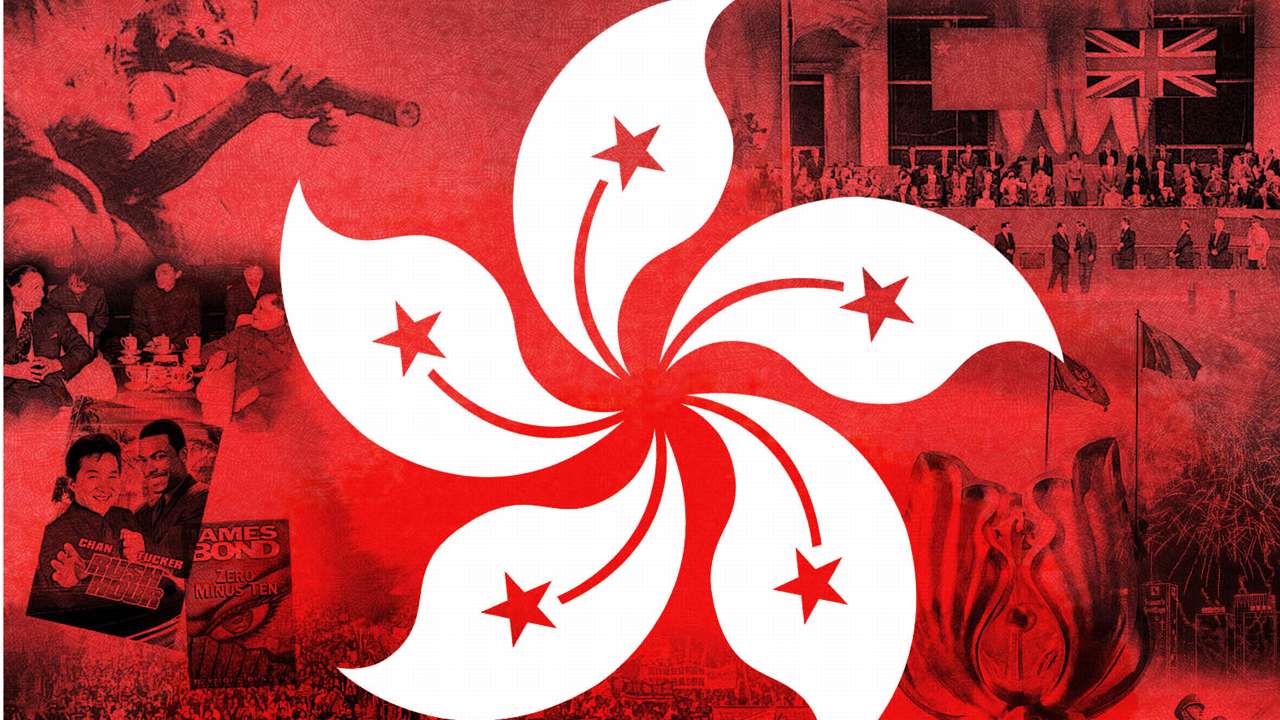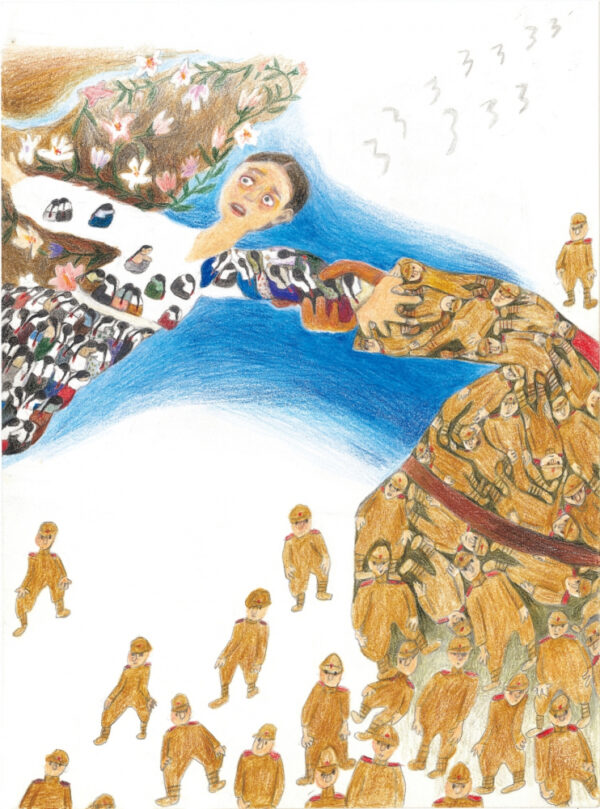As a part of the Development Seminar Series held by the Department of Anthropology, Professor Tania Li presented her current work to the group of attendees on 28 October 2016. A professor of anthropology at the University of Toronto, and the Canada Research Chair in the Political Economy and Culture of Asia and author to a number of books, Professor Li’s current research centers around the infrastructural violence and the mafia system within Indonesian oil palm plantations.
Corporate-controlled plantations have been expanding throughout the world because they help meet ever-growing production demands for industrial crops, such as oil palm, rubber, and sugar. Oil palm is grown and harvested for its use as cheap cooking oil, mainly purchased within the Indian and Chinese markets. Huge amounts of land are dedicated to the growth of these crops, contributing to the larger global land grab phenomenon. Still, these plantations are sought after by governments of developing countries as a means of infrastructural development within remote areas, with the hope of improving the quality of life. Professor Li’s research focuses on this notion and seeks to answer the question of what sort of life is possible with plantations.
During a period of field visits to the Indonesian province of West Kalimantan throughout 2010 – 2015, Professor Li conducted ethnographic research into everyday life in the province’s oil palm plantations. Her aim was to understand the “relations between the built forms and the social, political, and economic relations and the practices in which these things are made to produce as an outcome”. What she found was a violent and unstable configuration of unresolved land conflicts and dire labour conditions, which was not just limited to a set of rogue corporations but to the system of plantations as a whole.
In the past, the mechanism of land grabbing in Indonesia was quite literal, with the government defining as much as 60% of the national landmass as state land. This weakened the recognition of customary land rights and allowed the government to violently transfer the land to plantations, using armed police and bulldozers to dispossess land holders. With the decentralization of government brought upon by the removal of a dictatorship, the mechanism of land grabbing has changed to reflect pseudo-market customs. Under the condition of development, governments grant corporations a provisional permit to negotiate land possession with local landowners, under the pretence of a free market system. Under these negotiations, various forms of pressure are applied, from money to the promise of built infrastructure, such as roads. Landowners themselves will sometimes seek out corporations in order to get roads and mills built in their area, with the aim of surrendering as little land as possible. The state’s relinquishment of its responsibility to build infrastructure is not a matter of a lack of funds, but rather a means of motivating locals to become more entrepreneurial. According to Professor Li, the installment of these plantations leads to the building of infrastructural violence.
In her explanation of the setup of oil palm plantations, Professor Li further elaborated on how infrastructural violence is built into the organization of space. After the land is acquired to set up these large plantations, the corporation hires mostly migrant workers to work on the plantation. The belief is that local men who are attached to the area, by having a life outside the plantation, have residual alternatives that make them less efficient than their migrant counterparts. The life of a migrant worker is tied to the plantation, reducing the likelihood of the worker needing personal time off. These local ties are further restricted by the fact that migrant workers are hired with two year contracts that usually engage men to do strenuous, time-consuming work as harvesters. Local women are hired for maintenance work, which is categorized as unskilled labour. Local men who cannot get work in the plantation have to look for work elsewhere, usually becoming migrant workers themselves. The migrant workers live in co-ops, with one co-op housing up to five hundred families. These co-ops are located in the midst of the plantation, surrounded by oil palms, with little connection to the local area. However, there have not been violent altercations between the locals and migrant workers.
Within this system of violence is the mafia system that Professor Li mentions in her research, which to her is more of a mafia system without a mafia. The locals refer to the system as a “mafia” because of its illicit nature. Professor Li speaks about a female worker she spoke to in one of the plantations, the woman told her that her foreman always deducted 20% from her pay, which she found reasonable because she knew that the foreman also needed money to live, plus she needed the job. However, the woman stated that the foreman would be unreasonable if he began to take 50%. The concept of what is customary takes precedence over the tension between legality and illegality. In another example, Professor Li spoke to a migrant worker who helped to explain the local plantation system, in which everyone cheats everyone. Furthermore, in this mafia system, there is no system of recourse; there is no one to take their grievance too. Professor Li spoke of how protests are used as advantageous points of extortion from all sides. The leaders of the protests are often hired by companies as their form of a public relations department, internalizing and routinizing protests.
Professor Li concluded her lecture by highlighting some remedies for Indonesia’s current plantation issue, one of them being to stop the expansion of plantations. Another remedy that she mentioned was to assist small holders to grow their own land. The government and companies resist such changes because they believe that small holders will be less efficient at producing the crop than plantations. However, Professor Li mentioned that there is little evidence to support such a belief and that small holders attain yields twice as high as plantations. Still, the lucrative nature of oil palm crops and the disillusioned notion of development make plantations an attractive system in Indonesia. Hoping to create a system that will lead to the overall betterment of remote localities, what is created is a system used as a means to an ends for all those involved.
Riquelle Dookeran is a student at the University of Toronto.








